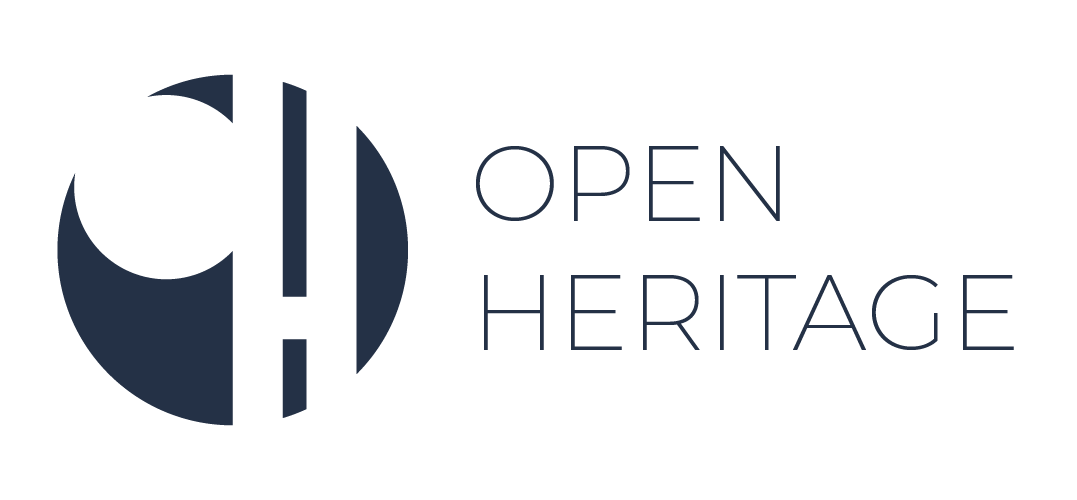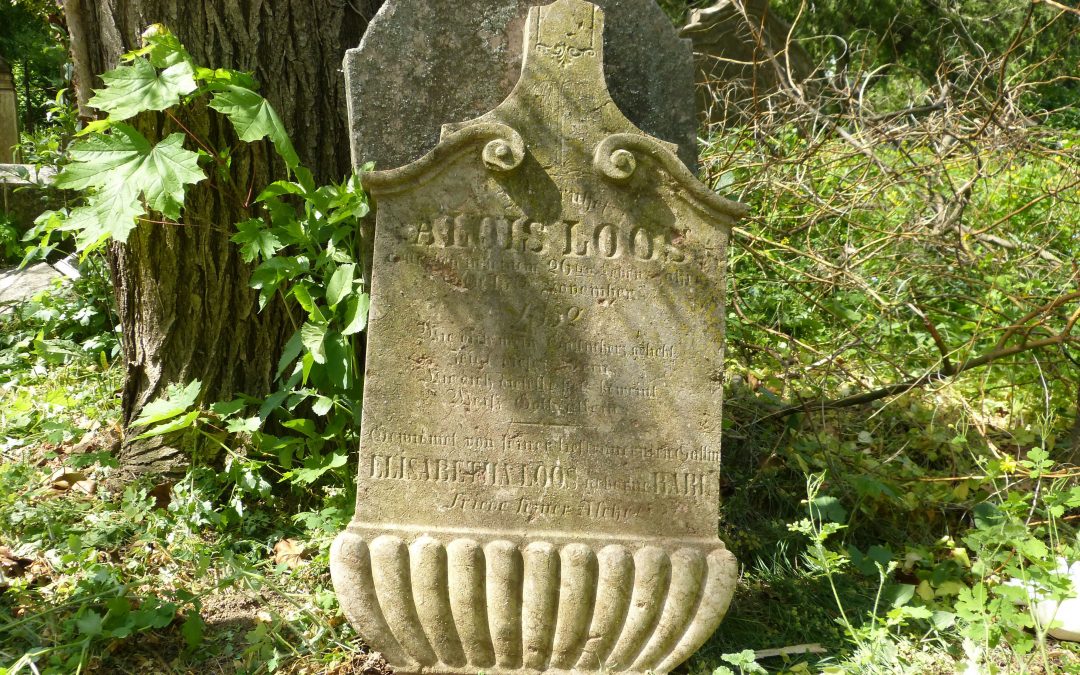How the Pomáz Lab adapted to the new circumstances
During the pandemic the Pomáz Lab faced an entirely new situation: personal participation became impossible. So how to keep on working and develop the community? Luckily, an opportunity presented itself allowing to continue the work in a different form: the creation of a Local Heritage List. Such a List is an inventory of elements that locals identify as “valuable” from the locality.
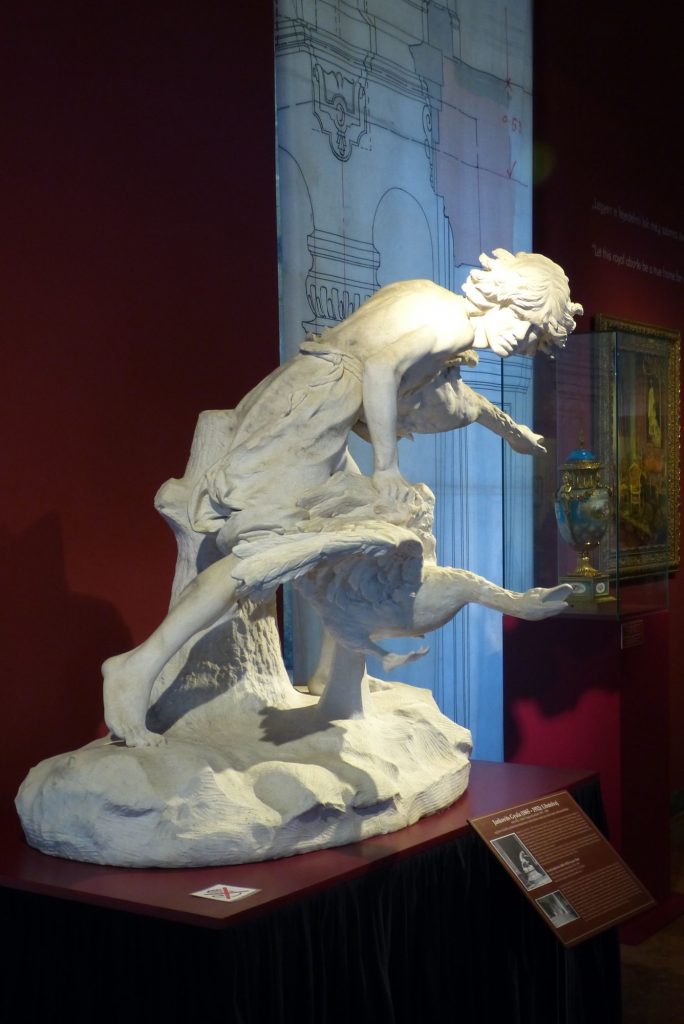
In case of the Pomáz Lab work on the List became possible through a new cooperation with the local municipality, supporting the Lab to co-manage the creation and curating of the List. The development itself came as a response to a national call for bottom-up initiatives in Hungary: all settlements, regions and counties could create a list of their own, put together by the communities and managed by local authorities and NGOs. The most prominent elements of these lists can also enter the National Heritage Inventory.
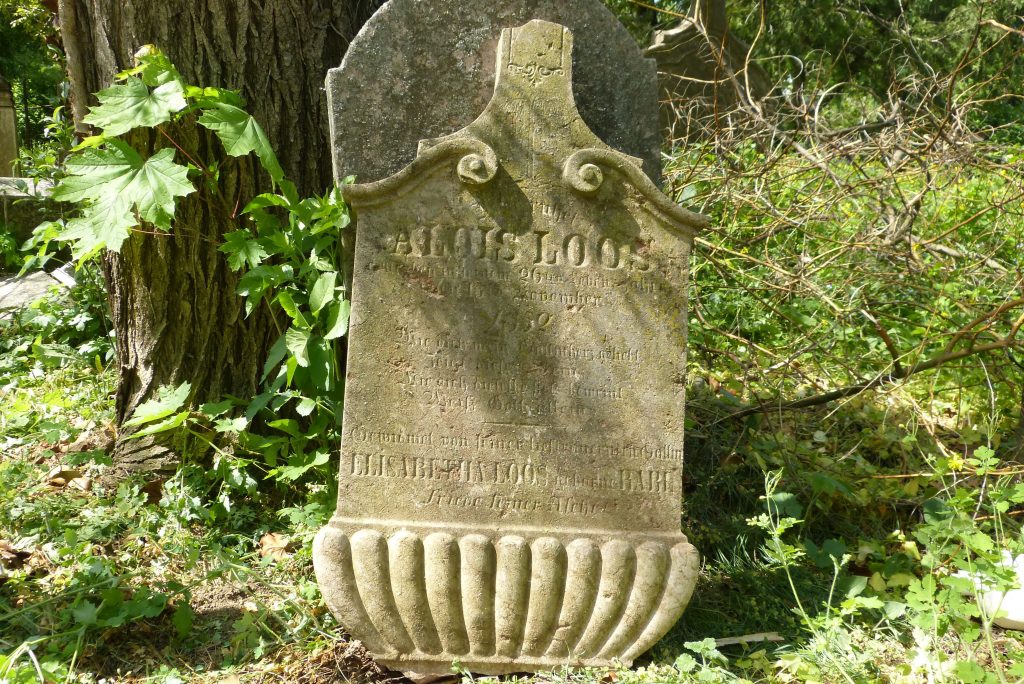
Anyone can propose a heritage item to be included on the Local Heritage List. The idea is then presented on the website and is open to debate; anyone can comment, ask for changes, add missing elements, and share their stories about the given item of local heritage. When the community feedback is received, an official version of the proposal is prepared, and a formal voting is made by the official committee assigned by the local council. The Decidim platform developed within OpenHeritage made it possible to help a local NGO administering the procedure in Pomáz. Additionally, for crowdsourcing purposes a new site will be launched, which will be crucial for building heritage communities and more contacts with NGOs dealing with local values. At the same time, the whole process as well other aspects of our project will be documented on the Decidim platform.
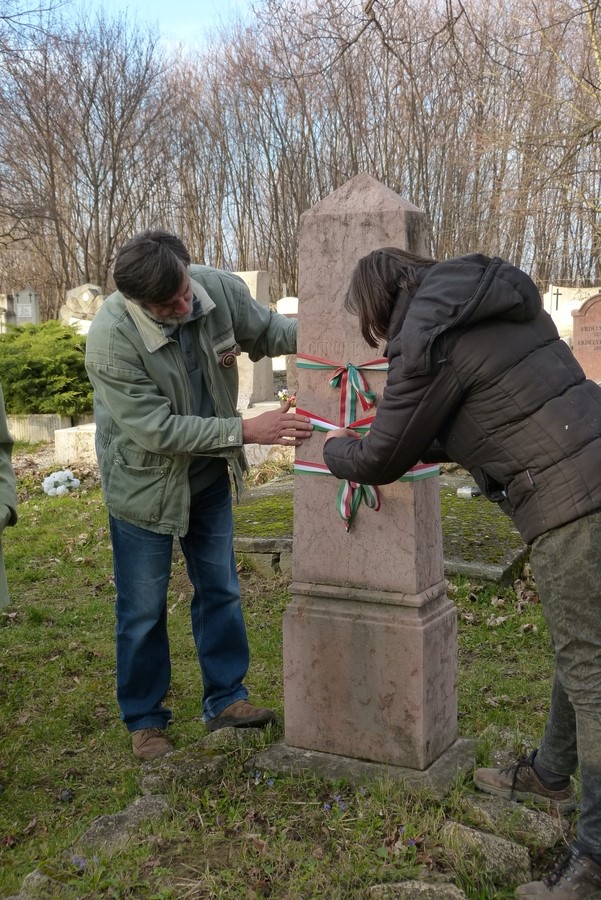
Of course, the “Glasshill” archaeological site, where our OpenHeritage Lab operates, is one of the heritage items proposed to be included in this inventory!
